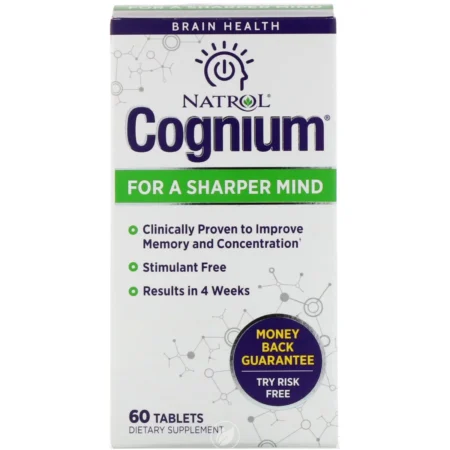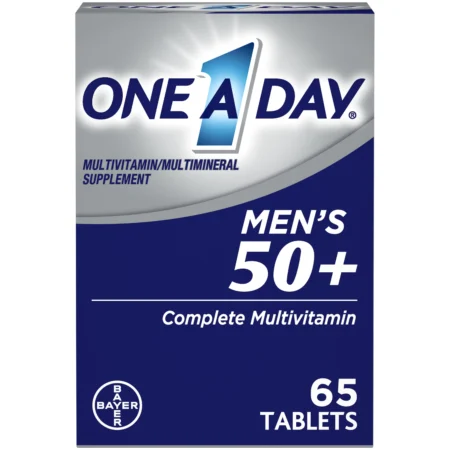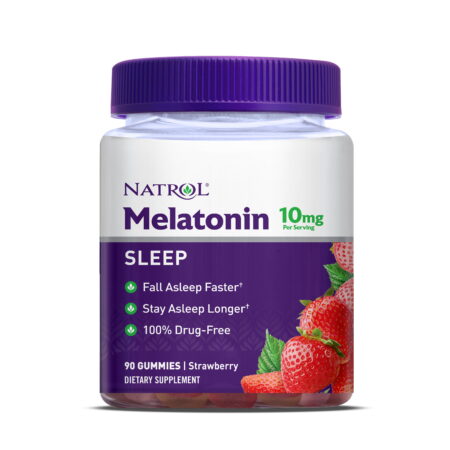Researchers just recently got insights into how vitamin D operates to minimize swelling brought on by immune cells that may be pertinent to the actions throughout extreme COVID-19. In a research study collectively released by Purdue University and the National Institutes of Health, researchers do simply that.
Majid Kazemian, assistant teacher in the departments of Computer technology and Biochemistry at Purdue University, was co-lead author of the extremely collective research study, together with Dr. Behdad Afzali, chief of the Immunoregulation Area of the National Institutes of Health’s National Institute of Diabetes and Gastrointestinal and Kidney Illness.
” Our work shows a system by which vitamin D lowers swelling brought on by T cells. These are essential cells of the body immune system and linked as part of the immune action to the infection triggering COVID-19. Additional research study, specifically scientific trials, and screening in clients, are essential prior to this can be embraced as a treatment alternative.” Kazemian stated. “We do not suggest making use of typical vitamin D off the rack at the drug store. Nobody ought to be taking more than the advised dosages of vitamin D in an effort to avoid or fight COVID infections.”
Previous research studies have actually revealed vitamin D‘s capability to minimize the swelling brought on by T cells– irritated cells in the lung quality of the most extreme and harmful cases of COVID-19. However as essential as comprehending that a drug works is comprehending the how and the why. This is both to take full advantage of advantage and lessen damage (such as avoiding individuals from consuming animals dewormer or injecting home cleaners into their veins) in addition to to lead the way for future treatments.
If researchers comprehend how vitamin D works to fight swelling, they comprehend more about how both the drug and associated illness work, leading the way for brand-new, much more reliable drugs.
Kazemian and his group started by studying how infections impact lung cells in a previous research study. Discovering that infections can activate a biochemical path, called the immune enhance system, the scientists began trying to find methods to interfere with that path and ameliorate the subsequent swelling.
The group studied and examined private lung cells from 8 individuals with COVID– something just possible due to the fact that of Kazemian’s experience with gene sequencing and information mining. They discovered that in the lung cells of individuals with COVID, part of the immune action was entering into overdrive, worsening lung swelling.
” In typical infections, Th1 cells, a subset of T cells, go through a pro-inflammatory stage,” Kazemian stated. “The pro-inflammatory stage clears the infection, and after that the system closes down and goes to anti-inflammatory stage. vitamin D assists to accelerate this shift from pro-inflammatory to the anti-inflammatory stage of the T cells. We do not understand definitively, however think the vitamin might possibly assist clients with extreme swelling brought on by Th1 cells.”
In clients with COVID-19, the pro-inflammatory stage of the Th1 cells appears not turned off, potentially due to the fact that the clients didn’t have adequate vitamin D in their system or due to the fact that something about the cell’s action to vitamin D was unusual. Because case, the scientists presume, including vitamin D to existing treatments in the type of a recommended extremely focused intravenous metabolite might even more assist individuals healing from COVID infections, though they have actually not evaluated this theory.
” We discovered that vitamin D— a customized type of it, not the type you can get at the pharmacy– has the prospective to minimize swelling in the test tube, and we found out how and why it does that,” Kazemian stated. Nevertheless, it is necessary to comprehend that we did not perform a scientific research study, and the outcomes of our experiments in the test tube require to be evaluated in scientific trials in real clients.”
The work was moneyed by NIGMS, NIDDK, NIAID and NHLBI of the NIH, with extra financing from the Wellcome Trust, the Crohn’s and Colitis Structure of America, the British Heart Structure, the Showalter Trust, the German Research Study Structure, the National Firm of Research Study and Advancement of Chile, and England’s National Health Service’s National Institute for Health Research Study Biomedical Research Study Centre and Research Study Center.
Story Source:
Products offered by Purdue University Initial composed by Brittany Steff. Note: Material might be modified for design and length.






